Ben E. King’s Voice Will Stand By Us For All Time
by Jeff TamarkinIt’s not surprising that most of the obituaries of Ben E. King – the legendary soul singer who died April 30, 2015, in Hackensack, NJ., at 76 – referenced his 1961 classic “Stand By Me” in their headlines. Co-written by King with Jerry Leiber and Mike Stoller and released on Atco Records, “Stand By Me” was ranked in 1999 as the fourth most-performed song of all time by BMI, the performing rights organization that keeps track of such things. Reaching #4 on the Billboard pop singles chart, and #1 R&B, it’s not only one of the most poignant love songs ever recorded but one of empowerment as well: regardless of what might happen to us in this life, sang King, we’ll be OK, “just as long as you stand by me.”
King’s recording of “Stand By Me” enjoyed a second run to the top 10 in 1986 when it served as the theme for a hit Rob Reiner-directed film of the same name, and it was covered by hundreds of artists ranging from John Lennon to country star Mickey Gilley. It’s been recognized by the Library of Congress, which inducted it into its National Recording Registry. But the song was neither the start nor the end of Ben E. King’s remarkable career.
Ben E. King started life as Benjamin Earl Nelson on September 28, 1938, in Henderson, N.C., and grew up in New York’s Harlem, where he took an uncle’s surname. Like many other young African-American men of the 1950s, he enjoyed singing doo-wop songs and hooked up with the Crowns, who performed at the Apollo Theater. There King came to the attention of an impresario, George Treadwell, who owned the rights to the name the Drifters – a group that had already scored significant hits on the Atlantic label with Clyde McPhatter singing lead – and was looking to replace its entire lineup. Treadwell built a new Drifters around King and Atlantic put them together with songwriters and producers Leiber and Stoller, immediately scoring a #2 hit with “There Goes My Baby” in 1959, followed by “Dance With Me,” “This Magic Moment,” “I Count the Tears” and the chart-topping “Save the Last Dance For Me.”
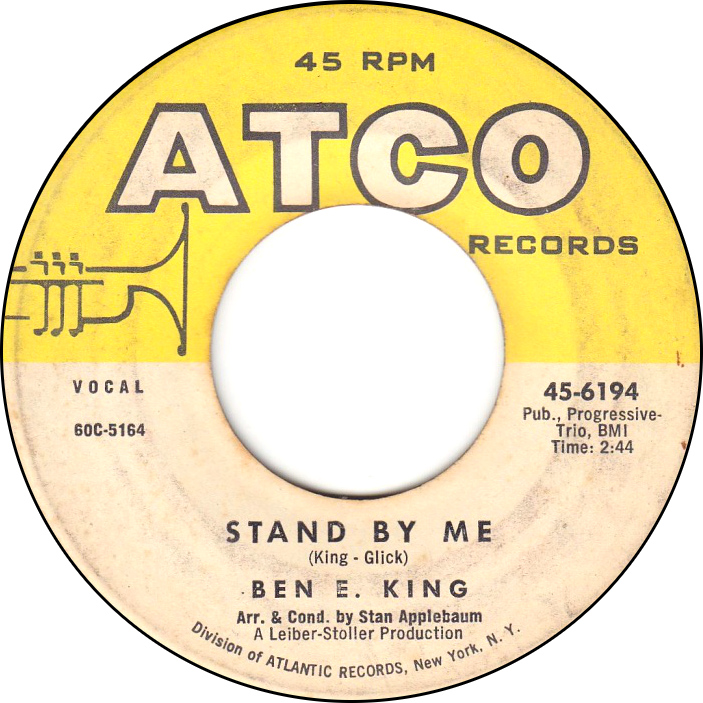
King’s honeyed, vibrant vocal leads, influenced by gospel and possessing a suave smoothness, soared above the orchestrated arrangements and made him a star, and by late 1960 he’d already left the Drifters to seek his fortune as a solo artist. He didn’t miss a beat: “Spanish Harlem,” a glorious, Latin-tinged ballad co-written by Leiber and Phil Spector and produced by Leiber and Stoller, vaulted to #10 on the pop chart and established King on his own. “Stand By Me” – inspired by a gospel song, “Lord Stand By Me” – arrived the following year and became King’s highest-charting solo recording, but it was also his last to make the Top 10 for more than a decade.
Although he continued to have hits, among them 1962’s “Don’t Play That Song” and ’63’s dramatic “I (Who Have Nothing),” his career was derailed as the music of the ’60s took a new shape.
Ben E. King was subsequently all but forgotten by most record buyers until 1975, when seemingly out of nowhere he returned to the top 10 with “Supernatural Thing—Part 1,” a funk song that fit in snugly with the emerging disco rhythms of the time. An album recorded two years later with the Average White Band, Benny and Us, was also highly regarded and sold briskly.
Watch King perform “Save the Last Dance For Me”
Ben E. King never regained his foothold on the sales charts but he never disappeared either. He worked regularly on the oldies circuit and continued to release new music when he could. A 2010 collection of Great American Songbook standards, Heart & Soul, received glowing reviews. His voice, 60 years after most first heard it, hadn’t lost a thing.
Watch the trailer for the 1986 film Stand By Me
King’s recordings are available in the U.S. here and in the U.K. here.

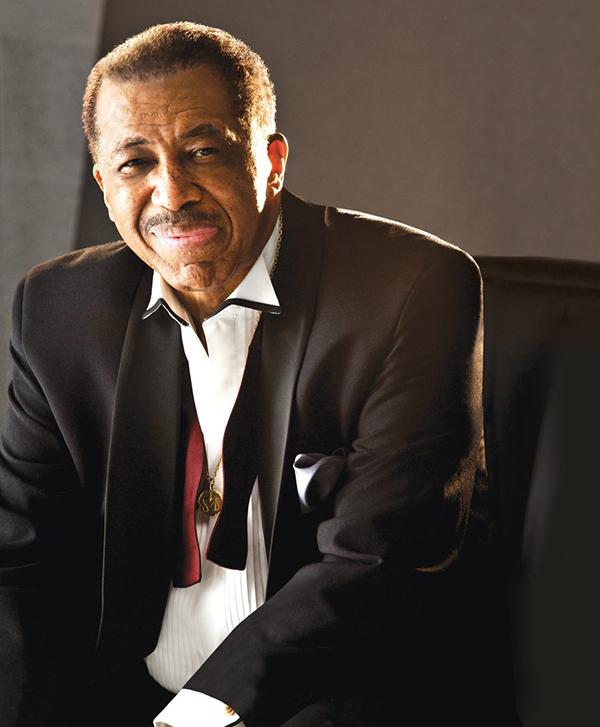

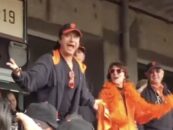

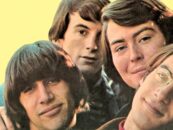
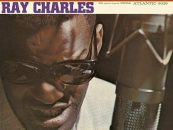

No Comments so far
Jump into a conversationNo Comments Yet!
You can be the one to start a conversation.